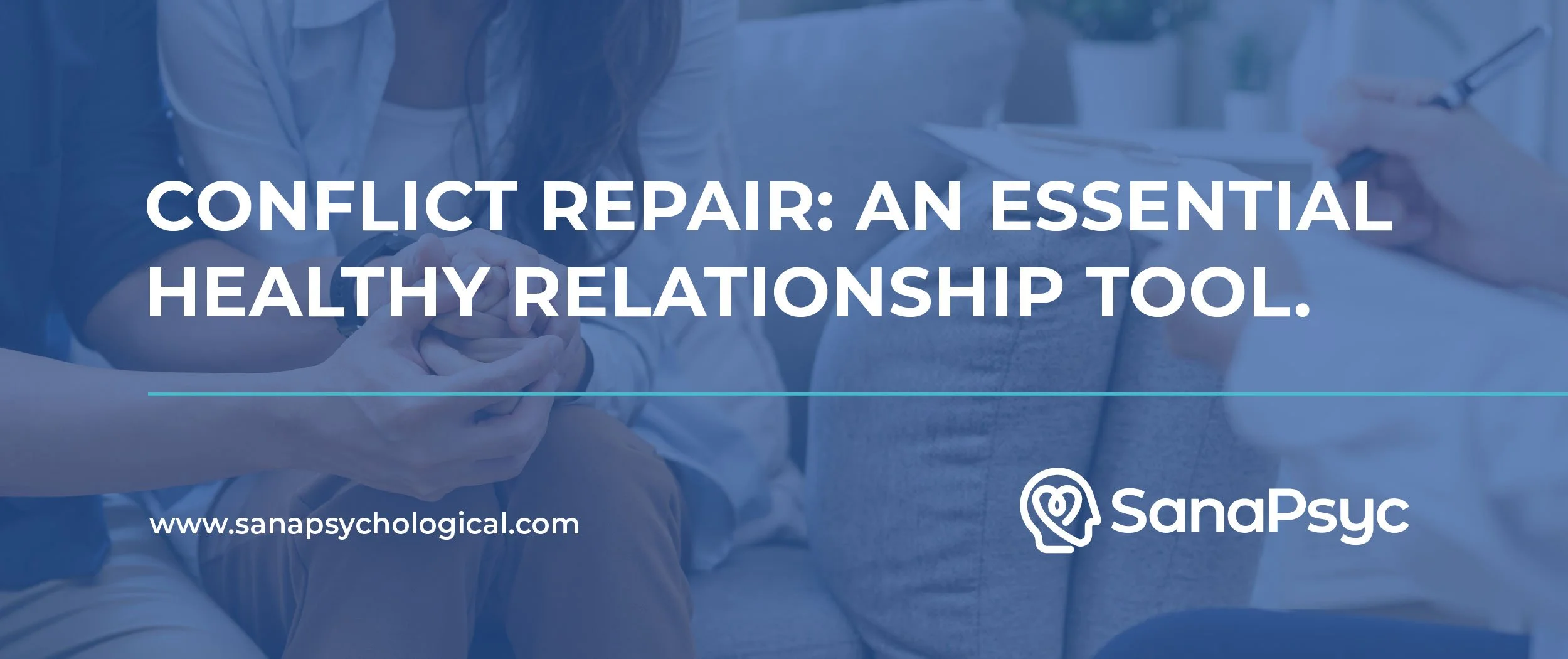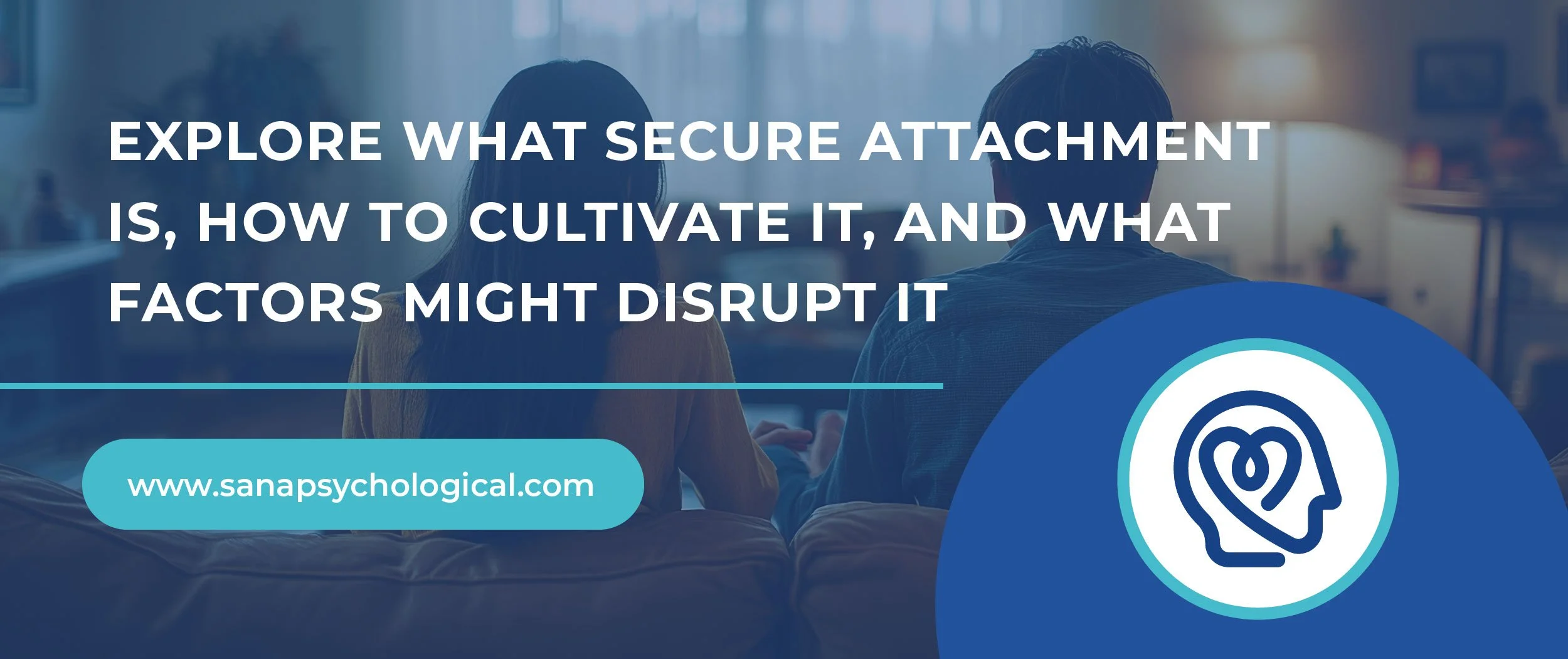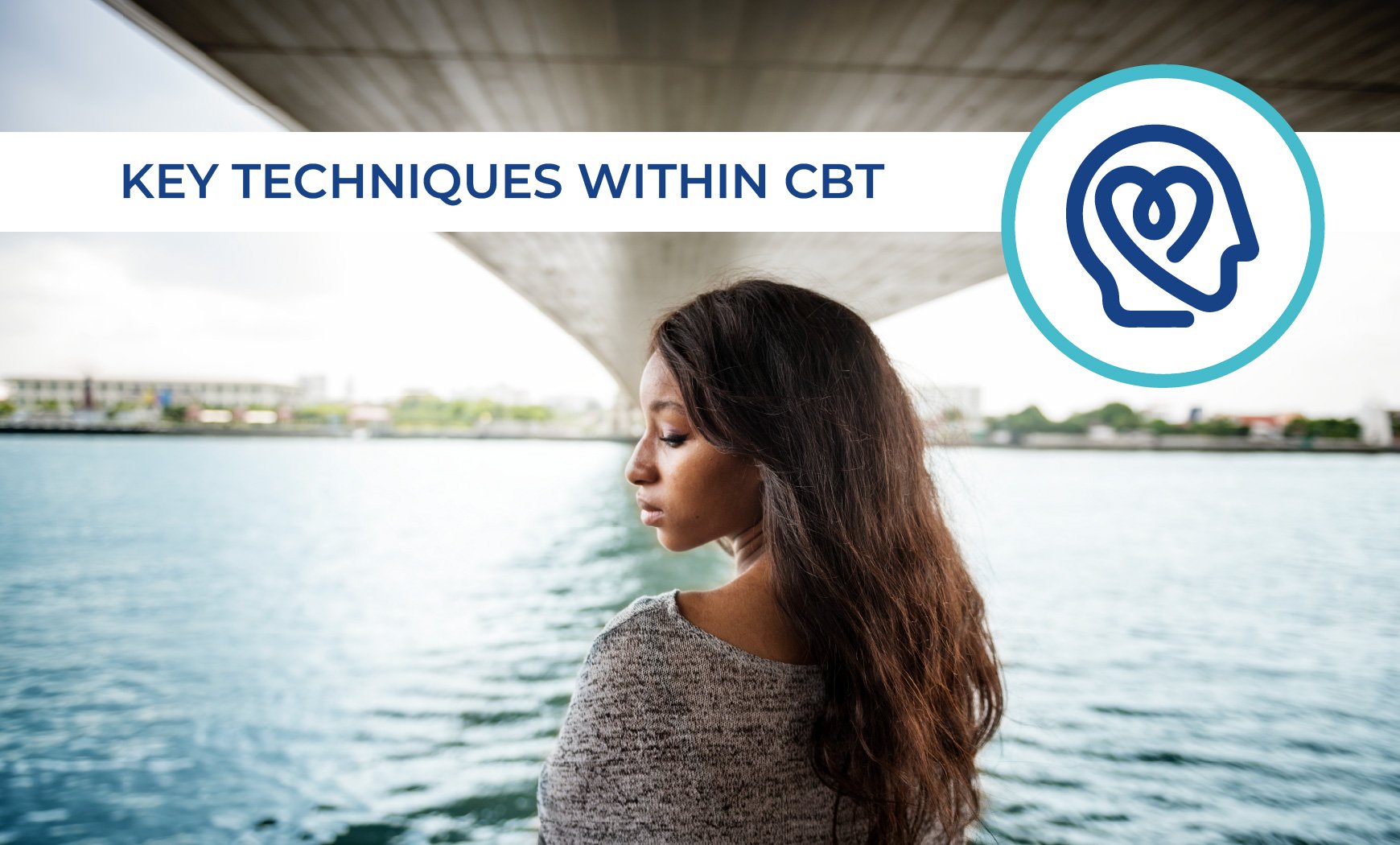What is Codependency Counselling Calgary
Support for Rebuilding Healthy Relationships and Self-Empowerment
Codependency counselling Calgary is here to help you re-establish a feeling of empowerment, health, and peace within yourself and your relationships.
In a nutshell, codependency is characterized by an obsession about another person’s health, well-being, and/or compulsiveness around behaviors that may include:
Caretaking
Control
Rescuing (financial, emotional, or both)
Excessive worry
Fantasy
Codependency is when the brain becomes unhealthily and overly attached to relationships, to the point that the codependent person finds it difficult to let a family member or loved one live their own lives and take care of their own needs, and/or has difficulty focusing on their own needs, health, and life.
Codependency can be isolating and debilitating due to the extreme feelings and behavior it can lead to. It has a significant impact on the overall health of the individual struggling, as well as those around them.
At Sana Psychological, we offer codependency counselling Calgary to help you establish healthy relationships, boundaries, and self-care. This can be the main focus of counselling or may include other areas of life and mental health, depending on your needs and preferences.
When Do You Need Codependency Counselling Calgary
Is Your Life Feeling Unmanageable?
You need codependency counselling Calgary when life has become dissatisfying, unmanageable, and miserable. Through the therapeutic and change process, people get a life that is worth living. This is an incredible gift.
While codependency is not an official mental health diagnosis, professionals and individuals have observed patterns of traits, behaviours, and feelings linked to codependency. These include things like:
Lack of boundaries
Controlling behaviors
Being in relationships that feel one-sided
Feeling a compulsive need to fix and help others, even when it is not being asked for
If you’re curious about whether these patterns fit for you, as an informal self-check, we’ve developed this quiz to get a rough sense of whether or not you might need codependency counselling Calgary. Please be aware that this self-check is not a replacement for professional assessment and cannot provide a formal diagnosis of any kind.
Unlock Your Potential: The Value of Codependency Treatment in Calgary
If you would like to let go of resentment, know yourself more, and feel happier in all of your relationships, then codependency counselling Calgary could benefit you.
People find that, through codependency counselling Calgary, they gain a refreshed perspective on themselves and their relationships and end up feeling lighter, freer, and more content overall.
Codependency is like having a relationship addiction, and much like other addictive behaviours, it can rob people of their insight, joy, freedom, and health. Codependency counselling Calgary can help you get these things back and bring more balance into your days.
Codependency counselling Calgary is for those who recognize they struggle in relationships, are not happy with where they are at in life, and/or may not know who they are and want clarity in these areas.
You may already be doing some self-help work and online learning. Codependency counselling Calgary is personalized and allows you and your therapist to explore individualized strategies and action steps that are a fit for you, rather than generic tools that may not apply.
Recovery and healing are absolutely possible and can lead to a significantly improved quality of life. This is why codependency counselling Calgary is important—because you deserve it, and you are worth it!
Meet Your SanaPsyc Codependency Counselling Experts

What Does Codependency Counselling Calgary Support Look Like for You
Practical and Supportive Guidance
You can expect the codependency counselling Calgary process to be gentle, comfortable, and safe. We abide by the belief that you are a strong, capable, and knowing individual and will work with your strengths while enhancing them with new awareness, tools, and skills to support your recovery.
The first few sessions will involve an exploration of who you are, the challenges you are here to address, past counselling experiences (if any), and identification of goals. Your therapist will bring in their own personality and style to each session, which can include different therapeutic techniques, grounding exercises, structure vs. flexibility, and humour as appropriate.
What we can ensure is that your therapist has your best interests in mind, that your safety and health are their #1 priority, and that they will do anything they can to offer tools, strategies, and support to promote change in your life.
Codependency counselling Calgary often focuses on:
Self-care
Boundaries
Healthy communication
Improving relationships
Connecting with self
Healing past attachment and/or trauma
Dealing with grief
Understanding
With codependency counselling Calgary, our mission is to help you be a true support person to others while also being the best support to yourself.
Related Blog Posts:
Related Free Resources:
How You Can Access Support for Codependency Counselling Calgary
Booking Your Appointment Is Easy
We aim to make our intake process as simple as possible with easy access to information and appointment booking. We also have our intake coordinator available to talk further with you if questions arise.
Online Booking Available 24/7: Book your session anytime—it’s quick and hassle-free.
No Referral Needed: You can reach out to us directly, no extra steps required.
Direct Billing Options: Many of our providers offer direct billing, making the process even smoother.
Check out our free resources for tips and insights you can use today.
Have additional questions? Contact us anytime. We’re here to support you as you work toward healthier relationships and self-empowerment.























